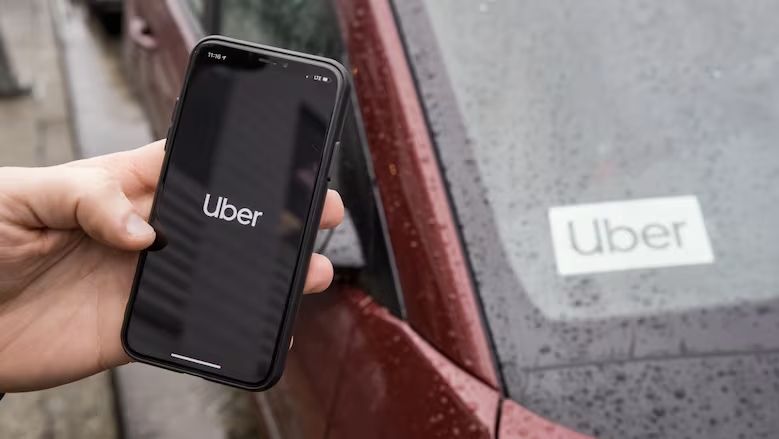Gig Workers Call for Reforms After B.C. Court Rules Accepting Orders While Driving Is Distracted Driving
Shraddha Tripathy
1/20/20252 min read


Delivery and rideshare workers in British Columbia are pushing for legislative reform after a B.C. Supreme Court ruling classified accepting app-based delivery orders while driving as distracted driving.
The case arose when Uber Eats driver Vasu Subhashbhai Virda was ticketed for tapping his phone to accept a delivery order while driving in Vancouver. Virda argued that the action was no different than answering a call, a single-touch action allowed under the Motor Vehicle Act, but the court disagreed.
“We are losing money if we don’t accept [orders], and if we do, we risk tickets,” said Kuljeet Singh, an Uber driver with multiple distracted driving penalties on his record.
The Ruling
In her December ruling, Justice Wendy A. Baker stated that while Virda was operating as safely as possible within his job’s constraints, the law explicitly permits single touches only for answering calls, not for other app functions. Virda was fined $295 and given six months to pay.
The judgment has sparked debate among gig workers, who say the law is outdated and does not account for the gig economy’s dependence on app usage.
Challenges for Gig Workers
Singh described the ruling as a “catch-22” for workers: rejecting orders affects their income, but accepting orders while driving risks fines and demerit points.
Distracted driving tickets in B.C. carry a $368 fine and four penalty points, which Singh said could damage workers’ driving records and employment prospects.
Calls for Legislative Reform
Criminal lawyer Kyla Lee criticized the law for being out of touch with modern technology.
“It doesn’t make sense to allow touching your phone to answer a call but not to accept a delivery order,” said Lee, noting the legislation hasn’t been updated in 15 years.
The B.C. Ministry of Public Safety acknowledged the gap, saying the law predates the widespread use of apps for work. “We continue to monitor court decisions and technological advances to determine opportunities for updates,” the ministry said, emphasizing the dangers of distracted driving, a factor in over 25% of fatal crashes.
Responsibility of Gig Companies
Advocates argue that companies like Uber should play a more active role in ensuring worker safety.
“They should provide safer tools, like voice-activated systems or other gadgets,” Singh said.
Uber responded, stating its app supports hands-free modes like Apple CarPlay and Android Auto. However, critics like Lee argue that companies must do more, including advocating for clearer laws.
“When only workers are raising concerns, little change happens. Companies must step up,” Lee said.
New Gig-Worker Standards Fall Short
B.C.’s 2024 gig-worker legislation introduced higher wages and transparency but didn’t address app usage laws. Uber said it interprets the new standards as allowing app use for receiving orders, but Lee refuted this, stating the laws remain ambiguous.
Next Steps
Gig workers and legal experts are urging the provincial government to modernize distracted driving laws to reflect the realities of app-based work and protect workers from undue penalties.
“This ruling highlights how far behind our laws are,” said Lee. “It’s time for a comprehensive update to protect both drivers and public safety.”
News
Stay updated with the latest BC news stories, subscribe to our newsletter today.
SUBSCRIBE
© 2025 Innovatory Labs Inc.. All rights reserved.
LINKS
